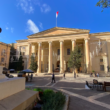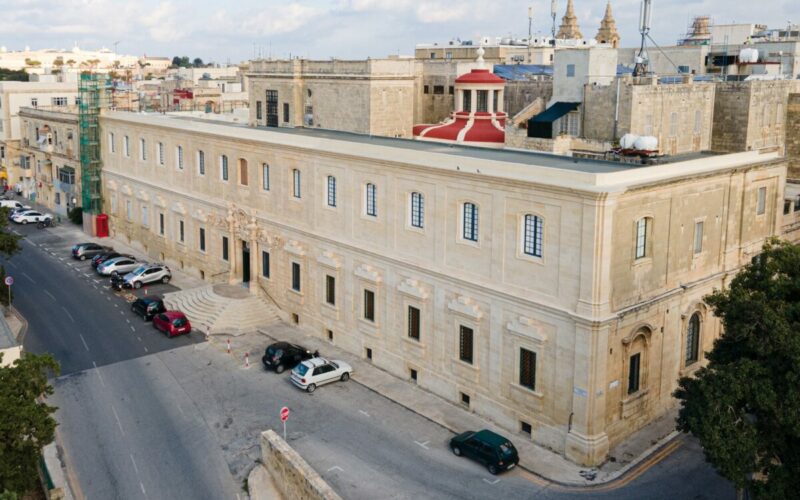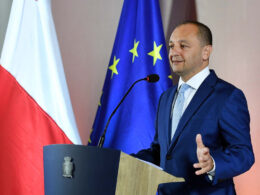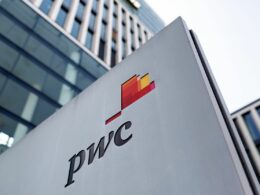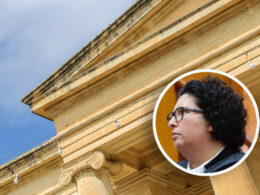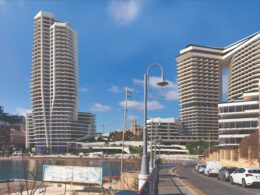The speculation surrounding APS Bank, owned by the Church of Malta, and its bid to acquire HSBC Malta has rapidly escalated from a matter of economic strategy to an ethical and governance debate. A central figure in this evolving controversy is Fr Joseph Borg, a prominent Maltese priest, media personality, and academic, whose outspoken criticism of the acquisition and defence of silenced voices like financier Paul Bonello has thrust him into open conflict with the Church hierarchy. His critiques highlight broader concerns about the Church’s role in the financial sector and its commitment to transparency and moral governance.
Fr Joseph Borg: A Stalwart of Church and Media
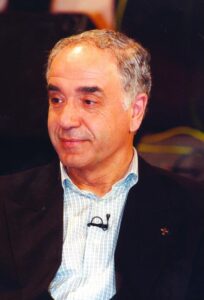 Fr Joseph Borg has long been a key figure in Maltese ecclesiastical and media circles. Having served as an editor and founder of various Church-run media outlets, including Radio RTK and the Sunday paper Il-Ġens, he has earned a reputation for his willingness to address thorny issues head-on.
Fr Joseph Borg has long been a key figure in Maltese ecclesiastical and media circles. Having served as an editor and founder of various Church-run media outlets, including Radio RTK and the Sunday paper Il-Ġens, he has earned a reputation for his willingness to address thorny issues head-on.
Fr Borg has also made his mark in academic circles, lecturing at the University of Malta in media and communication studies. His influence within both the Church and the media sector made his recent appointment to a Vatican study group on the digital mission of the Catholic Church a significant one. This role highlights the Vatican’s recognition of Borg’s expertise, particularly in how the Church can navigate the complexities of digital communication and modern media.
Yet, despite his high standing within the Church, Fr Borg has not shied away from critiquing its leadership when he feels its actions run contrary to its mission.
Criticism of APS Bank’s Mooted HSBC Acquisition
Fr Borg’s recent public criticisms of APS Bank’s proposed acquisition of HSBC Malta have sparked considerable debate. On 16 September, he took to Facebook to voice his concerns about the Church’s involvement in such a significant financial endeavour. “Bħal Ħafna, Jien Inkwetat li l-Bank tal-Knisja Qed Jipprova Jixtri l-HSBC” (Like many, I am concerned that the Church’s bank is attempting to buy HSBC), encapsulated his belief that such a move could fundamentally misalign the Church’s mission with market-driven forces.
Fr Borg argued that it is not the Church’s role to become the largest bank in Malta, nor to operate within the logic of the financial markets. He pointed out that many within the Church, including priests and laypeople, shared his concerns, fearing that the acquisition could entangle the Church in capitalistic pursuits that run counter to its spiritual mission.
In his post, Fr Borg cited several opinions that mirrored his apprehensions. One parish priest lamented the Church’s existing involvement in APS Bank, let alone acquiring a commercial giant like HSBC. Similarly, a theologian expressed deep unease about the Church becoming embroiled in such large-scale financial dealings. According to Fr Borg, the Church’s leaders should focus on living up to Pope Francis’s vision of a “poor Church for the poor” rather than expanding its financial empire.
While there were voices supporting the acquisition, including those from the financial sector who saw potential benefits in consolidating banking services, Fr Borg emphasised that the Church’s involvement in such an operation would risk alienating it from its core values and could lead to a public relations disaster.
Paul Bonello’s Return: A Victory for Free Speech?
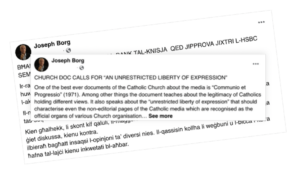
The latest development in this ongoing saga came with the announcement that Paul Bonello, the sidelined financier who had openly criticised the APS Bank-HSBC deal, will be reinstated to his radio programme on Church-owned Radio RTK. After a meeting with the radio operators, Bonello will resume his role, marking a potential turning point in the debate over free speech and transparency within Church media.
Bonello, who had raised important questions about the strategic wisdom and transparency of the acquisition, was previously marginalised by Church-owned media outlets, prompting Fr Borg to come out strongly in his defence. Fr Borg framed Bonello’s exclusion as an alarming example of censorship, which not only undermined the credibility of Church-owned media but also raised serious concerns about governance and ethical standards within the Church.
Fr Borg’s defence of Bonello and his subsequent reinstatement is likely to be seen as a small victory for those advocating for more openness and dialogue within Church-run institutions. Bonello’s return to RTK suggests that the Church may be responding to the public outcry against perceived censorship, though it remains to be seen how this will affect the broader concerns about the APS Bank acquisition.
Broader Implications for Church Governance
The controversies surrounding APS Bank’s acquisition bid and the treatment of Paul Bonello expose deeper governance issues within the Church of Malta. Fr Borg’s critiques reflect broader concerns that Church leaders, while claiming non-involvement in the bank’s day-to-day operations, may be perceived as endorsing or tolerating actions that prioritise financial and institutional interests over ethical transparency and accountability.
These governance concerns are particularly problematic for an institution that still holds considerable sway over Maltese society. If the Church is seen as complicit in silencing dissent and prioritising market logic over its spiritual mission, it risks eroding its moral authority and alienating the very community it aims to serve. Bonello’s reinstatement may ease some tensions, but the ethical debate surrounding the Church’s financial involvement remains unresolved.


